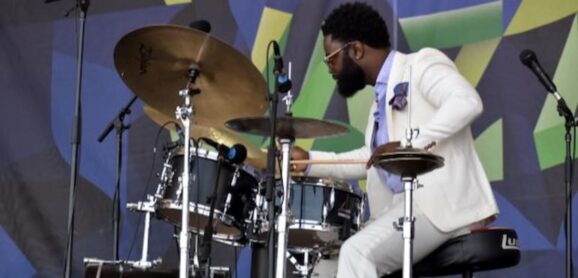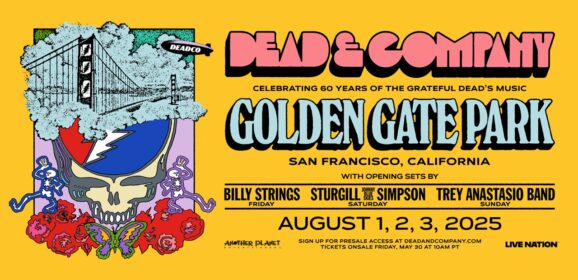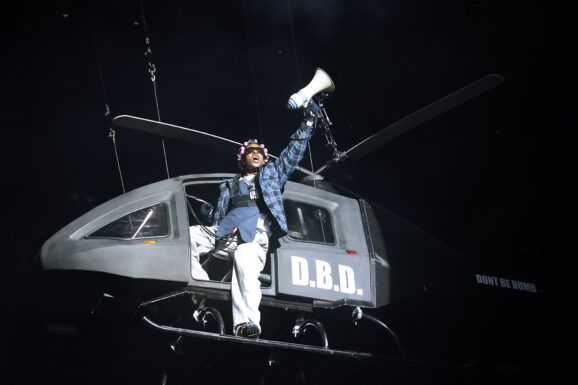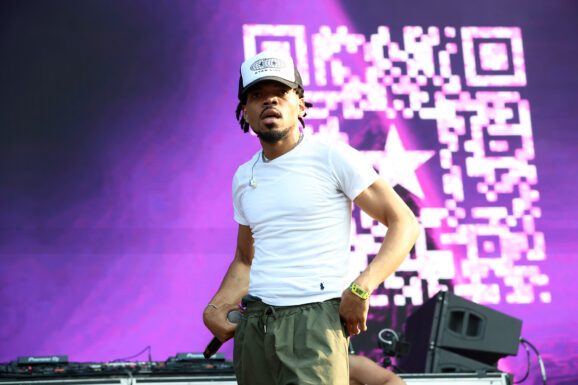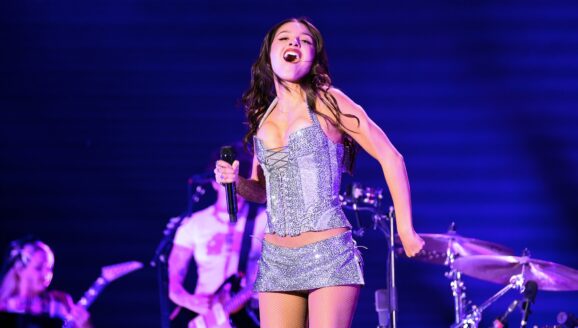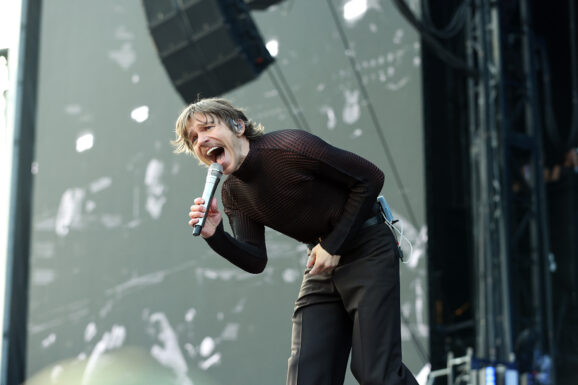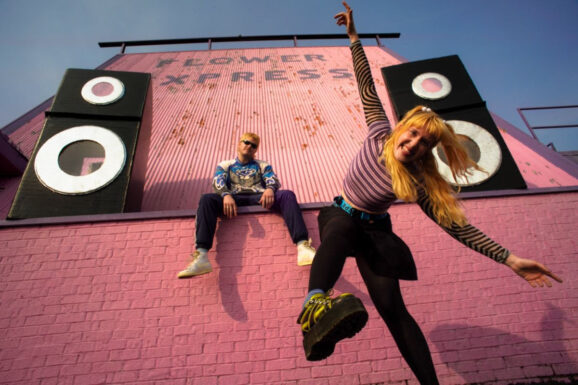Music labels and online gaming platforms both rely on creative marketing to engage audiences, but their techniques often differ. From social media campaigns to bonus codes, we explore how each industry promotes its content in a competitive digital world.
In the fast-paced world of digital entertainment, marketing is the engine that drives visibility, engagement and revenue. Whether it’s a new album release or the launch of a fresh online game, strategic promotion is key to success. Music labels and online gaming platforms are both competing for attention in crowded markets, and while they operate in different spheres, they often rely on surprisingly similar marketing techniques to reach and retain audiences. In this article, we explore the marketing strategies commonly used by music labels and musicians, while also comparing them to those employed by online gaming platforms.
Online Gaming Marketing Includes Promotions and Bonus Codes
While music marketing relies heavily on content and partnerships, online gaming platforms often attract users with tangible rewards and incentives. One of the most common marketing techniques used in the gaming industry is the offering of bonus codes. These codes, such as a Golden Nugget casino bonus code, differ from platform to platform, but can unlock things like free spins, in-game currency or other rewards that encourage new users to sign up and existing users to stay engaged.
Bonus codes are typically distributed through affiliate websites, email campaigns and social media promotions. They are often tied to special events, game launches or seasonal promotions. By offering immediate value, gaming platforms can convert casual visitors into active users more effectively.
In addition to bonus codes, many platforms also use email marketing, push notifications and loyalty programs to maintain engagement. Gamers may receive tailored offers based on their playing habits, creating a personalized experience that keeps them coming back.
Unlike music marketing, which often builds anticipation over weeks or months, online gaming marketing tends to focus on quick conversions and sustained interaction through offers and promotions.
Social Media Campaigns Are All About Building Hype and Loyalty
For both musicians and online gaming platforms, social media is a crucial tool for building a loyal fan base. Music labels often create carefully timed social media campaigns to tease album releases, announce tour dates and engage fans with behind-the-scenes content. Artists use platforms like Instagram, TikTok and X (formerly Twitter) to build personal connections with their audiences, often going viral with short videos or trending hashtags.
Music labels also work with influencers and tastemakers to promote music in organic ways. For example, a rising artist might be featured in a popular lifestyle vlogger’s video or participate in collaborative content with other musicians. These interactions create a buzz that feels authentic and drives both streams and sales.
Similarly, online gaming platforms use social media to announce new features, events and promotions, often encouraging user-generated content such as gameplay clips and reviews. Both industries understand that creating a two-way relationship with the audience fosters long-term loyalty.
Strategic Partnerships and Brand Collaborations
Music labels increasingly engage in brand partnerships to promote artists and reach new markets. Collaborations with fashion brands, beverage companies or streaming services can place an artist in front of a broader audience. For example, exclusive album drops on platforms like Spotify or Apple Music, or merchandise collaborations with trendy clothing brands, can drive hype and sales simultaneously.
Artists are also often featured in television ads, movies and even video games, further blurring the lines between entertainment verticals. These partnerships are not just about exposure, they’re about embedding music into popular culture, where it can thrive.
Online gaming platforms follow a similar model, forming collaborations with content creators, esports teams and even celebrities to promote their offerings. These partnerships often involve exclusive content or themed events, drawing in fans from multiple communities.
Final Thoughts
While music labels and online gaming platforms serve different entertainment needs, their marketing strategies share common ground in areas like social media engagement, partnerships and data-driven decision-making. However, gaming platforms stand out with their use of bonus codes and promotional incentives that offer direct value to users. As both industries continue to evolve, expect even more cross-pollination of techniques, as each seeks to capture attention in an increasingly competitive digital landscape.


